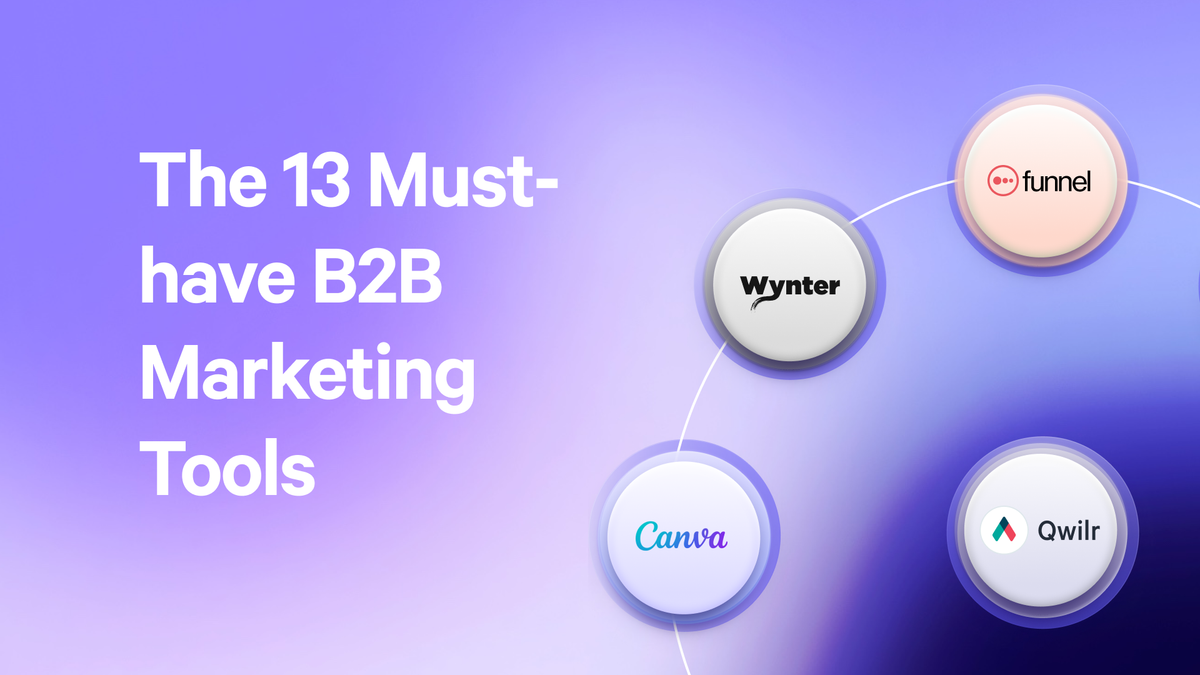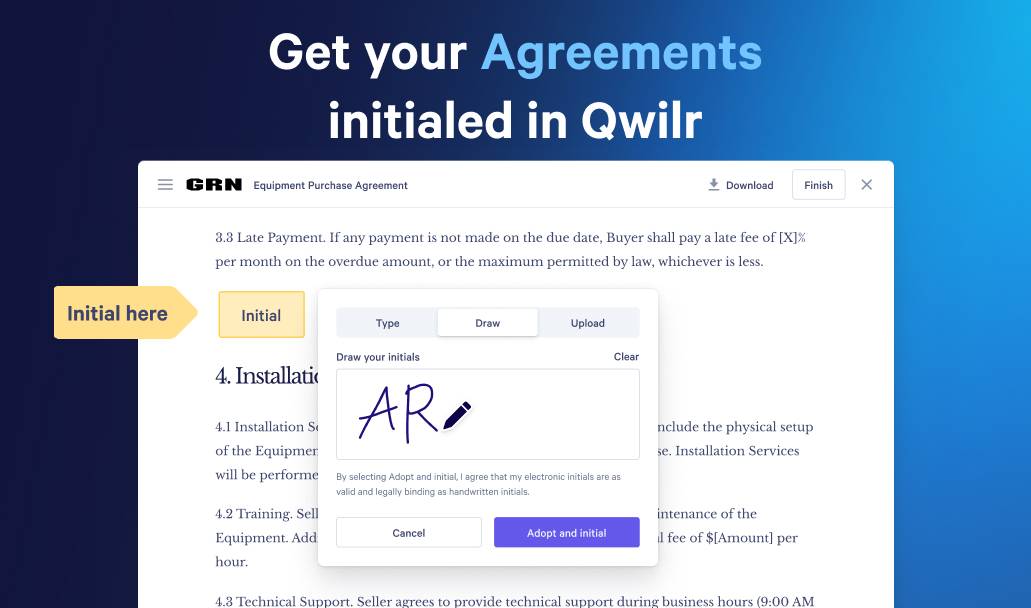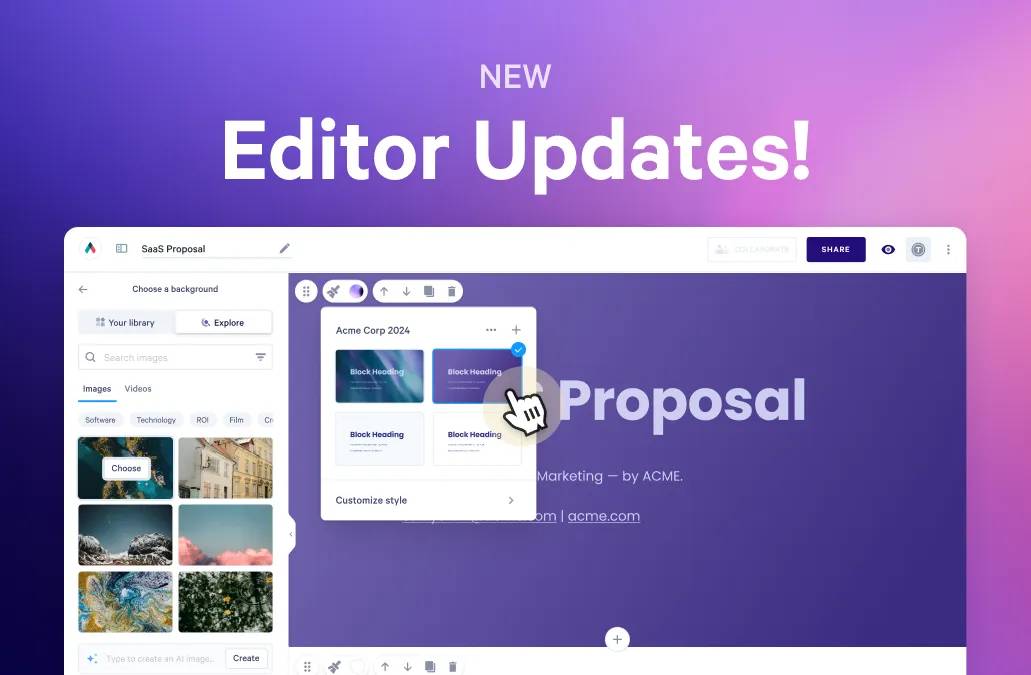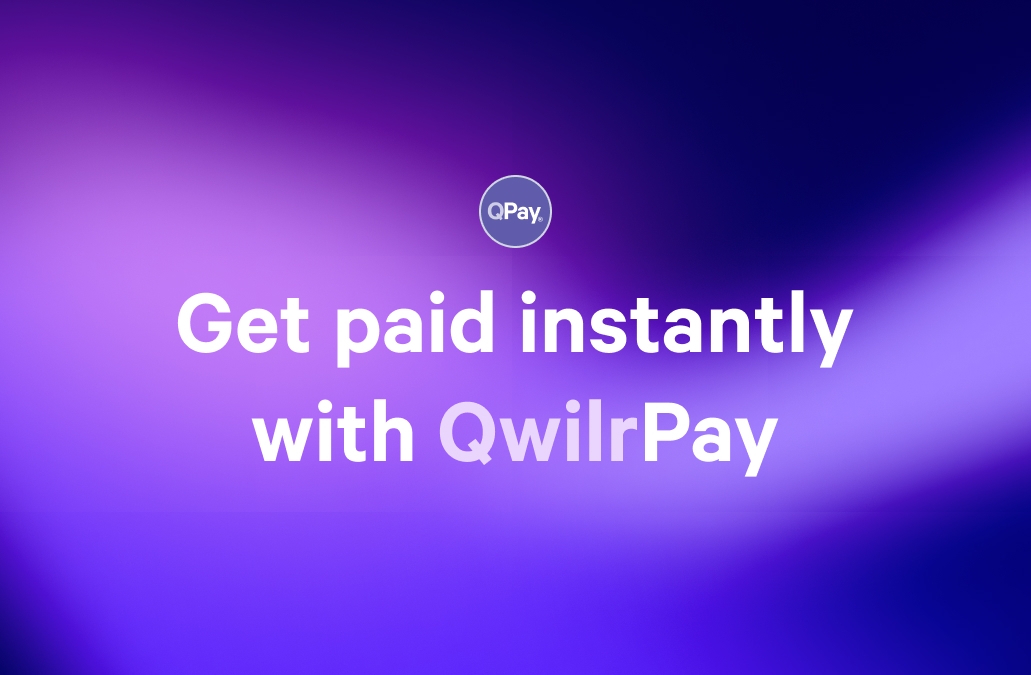The playbook
Level up your sales strategy, management approach and tactics.
Featured posts
All posts

Sales techniques•12 mins
Playbook: How to Automate Business Proposals With Qwilr
Taru Bhargava|Jun 30, 2025

Sales management•22 mins
The Death of Static Proposals: What 1M Proposals Taught Us
Jess Tassell|Jun 24, 2025

Sales management•8 mins
Proposal vs Invoice: Can You Combine Them?
Brendan Connaughton|Jun 23, 2025

Marketing•32 mins
14 Best B2B Marketing Tools for the Ultimate Tech Stack in 2025
Marissa Taffer|Jun 20, 2025

Sales techniques•12 mins
Insight Selling: Win Deals By Thinking Before The Buyer Does
Brendan Connaughton|Jun 18, 2025

Sales management•13 mins
How to Master Proposal Management by Thinking Like an Investment Manager
Taru Bhargava|Jun 18, 2025

Sales management•14 mins
Sales Workflow: How to Fix Inconsistent Rep Performance
Taru Bhargava|Jun 6, 2025

Marketing•11 mins
How to Write a Winning Fundraising Proposal
Brendan Connaughton|Jun 3, 2025

Sales management•11 mins
How to Write a Compelling CRM Proposal for 2025
Brendan Connaughton|Jun 3, 2025

Sales techniques•10 mins
How to Write a Compelling Brand Collaboration Proposal
Dan Lever|Jun 3, 2025

Sales management•14 mins
The Formal Quote: A Guide to Getting It Right
Dusty Martin|May 30, 2025

Sales management•13 mins
Sales Quote Automation: How to Send Professional Quotes in Minutes
Kiran Shahid|May 30, 2025

Sales tech•11 mins
Docusign Pricing: Is the Juice Worth the Squeeze?
Brendan Connaughton|May 29, 2025

Sales management•16 mins
The Art of Bundle Pricing
Dusty Martin|May 27, 2025

Product updates•2 mins
NEW: Get your agreements and contracts initialed in Qwilr
Guy Hall|May 26, 2025

Product updates•3 mins
NEW: It’s easier than ever to produce impressive proposals in Qwilr
Guy Hall|May 26, 2025

Product updates•4 mins
NEW: Automate Salesforce Tasks with Qwilr
Guy Hall|May 26, 2025

Sales management•16 mins
SaaS Pricing Models: A Strategic Guide
Dusty Martin|May 23, 2025


